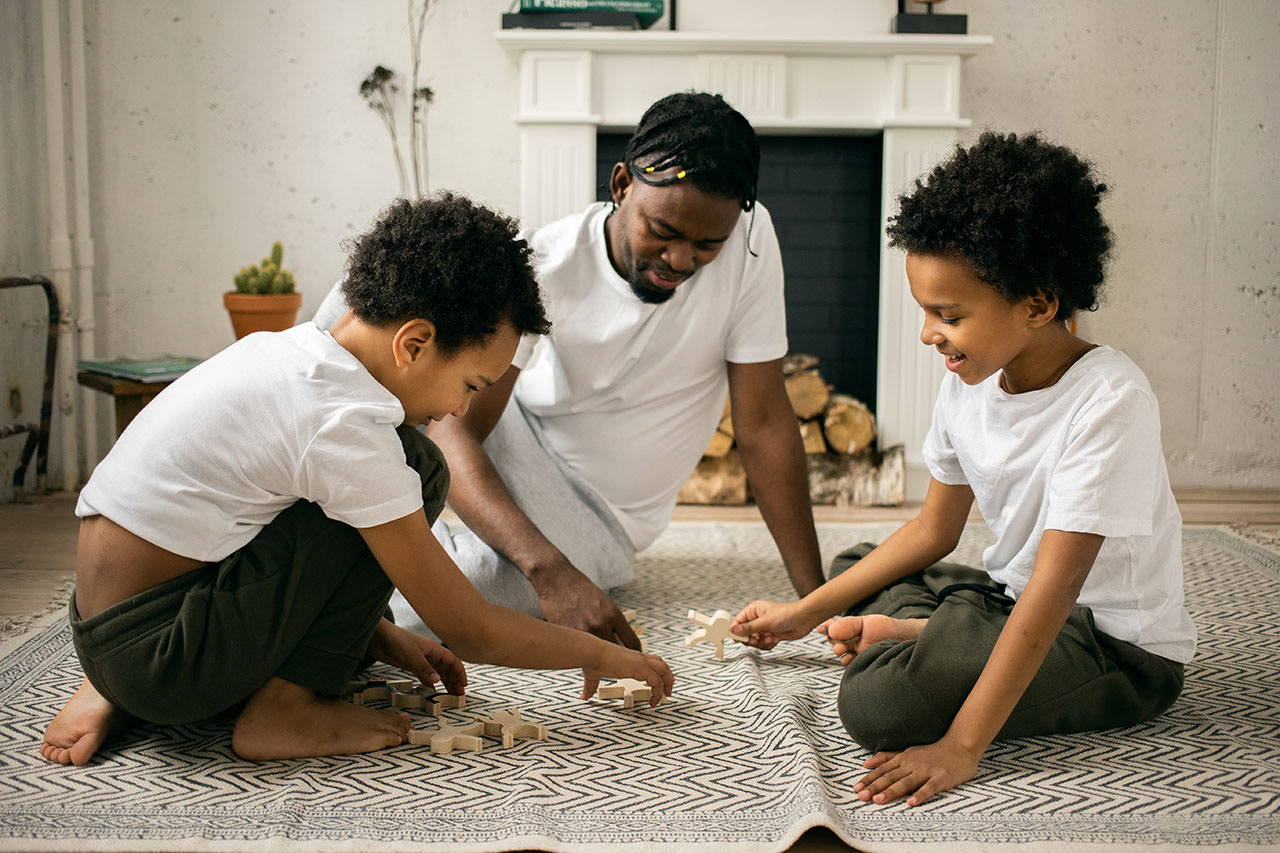 The Healthy Outcomes of Positive Experiences (HOPE) framework, founded by Dr. Robert Sege, is a framework developed by the Center for Community-Engaged Medicine based at Tufts University. The framework encourages an intentional shift in focus from the negative to the positive. It introduces the possibility that children who have lived through adverse childhood experiences (ACEs) are not destined to a life of poor health, including mental illness and substance misuse. HOPE promotes the understanding that when children have positive childhood experiences (PCEs) they can thrive, even in the face of adversity. The stress and negative effects of ACEs are offset by the PCEs; these positive experiences help children grow into more resilient adults. PCEs may not prevent all ACEs from taking place, but they are an effective prevention – and health PROMOTION- strategy. PCEs have been found to promote healing and allow all children to lead happy, productive, and mentally healthy lives.
The Healthy Outcomes of Positive Experiences (HOPE) framework, founded by Dr. Robert Sege, is a framework developed by the Center for Community-Engaged Medicine based at Tufts University. The framework encourages an intentional shift in focus from the negative to the positive. It introduces the possibility that children who have lived through adverse childhood experiences (ACEs) are not destined to a life of poor health, including mental illness and substance misuse. HOPE promotes the understanding that when children have positive childhood experiences (PCEs) they can thrive, even in the face of adversity. The stress and negative effects of ACEs are offset by the PCEs; these positive experiences help children grow into more resilient adults. PCEs may not prevent all ACEs from taking place, but they are an effective prevention – and health PROMOTION- strategy. PCEs have been found to promote healing and allow all children to lead happy, productive, and mentally healthy lives.
We often say children are the future. In turn, the well-being of our children is the responsibility of all of us. HOPE offers a way for us to look at what we can each be looking to ensure young people have in their lives.
Relationships
Children need adults who care about them. They need adults to provide them with feedback that will promote high expectations; set limits and rules; and prompt feelings of trust, belonging, and a sense that they matter. Such supportive positive relationships are associated with a number of child well-being outcomes such as positive sense of self and esteem, resiliency, positive mood, self-control, and a greater likelihood to become a thriving productive adult. Positive relationships with caregivers and adults outside the home, in the community and at school, are important for young people. This highlights the importance of mentoring relationships.
Environment
Children need to live, grow up, play, and learn in safe, stable, and protective environments. This includes shelter, clothing, access to good nutrition, enough sleep, and an equitable opportunity for a good education. Children thrive when they feel secure and cared for.
Engagement
Social and civic engagement help children form a sense of connectedness —belonging. These connections may take place at schools, religious communities, recreational facilities, or after school clubs. Such opportunities provide support for children’s academic, social, emotional, moral, spiritual, and physical development. These positive opportunities also occupy time that may otherwise be available for participation in risk behaviors.
Emotional Growth
Playing and interacting with peers promotes self-awareness and self-control. This is how children learn to negotiate, share, handle disappointment, and become aware of others’ feelings. Children’s social and emotional health affect their overall development and learning.
Each of these building blocks help children feel connected, loved, and valued. They also feel secure, confident, and have an optimistic view of the future. These blocks are not surprising. When I close my eyes – and I’m sure when you do, too – and picture what I want for all young people, this is it. Thinking about HOPE, and knowing that HOPE matters – that there is evidence that these building blocks lead to brighter futures – helps light the path for my daily actions to support young people.
 The relationships that I build with young people—in my home, neighborhood, schools, parks, and through work and play—are important. The efforts I take to connect young people to social and civic opportunities play such an important role in the development of all children – and even more so for children who have had adverse experiences in their childhood. And this reminds me to keep helping make these connections for young people. Knowing that I love the safe parks in my communities and encourage families to get out and play in them, matters, and it reminds me to do it more. While the framework may not be surprising to many of us, it is a reminder (backed by evidence) that there are abundant advantages in countering negative experiences with positive ones. The premises of this framework may be used in all of our prevention efforts.
The relationships that I build with young people—in my home, neighborhood, schools, parks, and through work and play—are important. The efforts I take to connect young people to social and civic opportunities play such an important role in the development of all children – and even more so for children who have had adverse experiences in their childhood. And this reminds me to keep helping make these connections for young people. Knowing that I love the safe parks in my communities and encourage families to get out and play in them, matters, and it reminds me to do it more. While the framework may not be surprising to many of us, it is a reminder (backed by evidence) that there are abundant advantages in countering negative experiences with positive ones. The premises of this framework may be used in all of our prevention efforts.The Partnership was joined by the specialists of HOPE from Tufts University at the March 4th Partnership Convening. Participants learned about the HOPE framework and explored ways to infuse HOPE – Positive Experiences – into their daily interactions with youth, as well as their program development, implementation, and policies. To make sure you don’t miss important training events, join The Partnership’s eNews.

